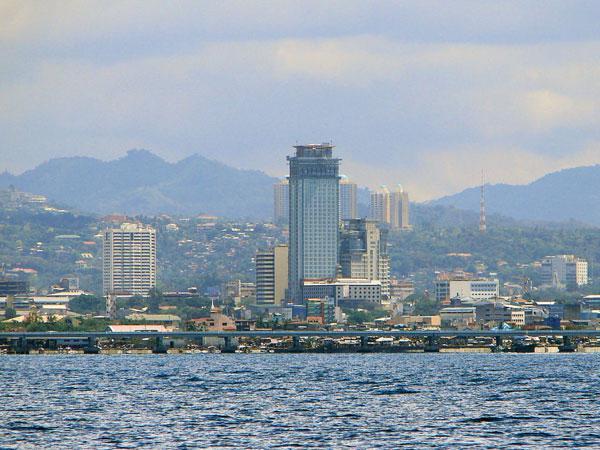Telecom and media network company NOW Corporation has established ties with German-based satellite tech solutions firm Rivada Space Networks to improve the firm’s connectivity and security infrastructures.
Through the partnership, NOW Corp will be able to utilize Rivada’s OuterNET™, described as a “global low-latency point-to-point connectivity network of 600 low earth orbit (LEO) satellites,” which combines inter-satellite laser links and onboard processing to facilitiate routing and switching capabilities.
It operates through “orbital networking” wherein data stays in space from origin to destination, which creates a more secure satellite network with pole-to-pole coverage and offers latencies that are lower than terrestrial fiber over long distances.
As such, traffic routed on a physically separated network adds an extra layer of defense for users who need to distribute and share data without the risk of unwanted interception.
“The OuterNET allows satellites to go beyond their traditional role of ‘gap-filler.’ The OuterNET is a fully inter-connected space network, which is rapidly becoming the infrastructure of choice for secure data communications,” explained Rivada CEO Declan Ganley.
The firm noted that low latency and secure connectivity are necessary for national and local governments, particularly the defense sectors in their daily operations.
According to NOW Corp President and CEO Henry Andrews Abes, Rivada’s OuterNET will “revolutionize how telecom services are provided to government agencies and companies employing mission-critical and security sensitive applications and services across the 7,600 islands of the Philippines.”
Through OuterNET™, Now Corp will be able to improve performance, security, and customer efficiency, as well as high quality voice, video and data solutions to enterprises such as banking and financial services, mining and transportation.
The first satellite launch for OuterNET™is set for 2025. Global services are expected to be up by 2026.
“As we aim to link and to secure critical infrastructures in the Philippines, we aim to provide the most reliable and secure connectivity to our intended market,” said Abes.
Source: Manila Bulletin


